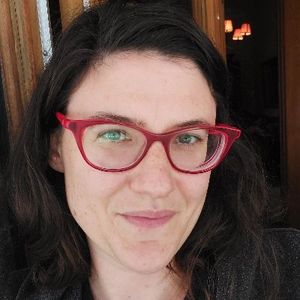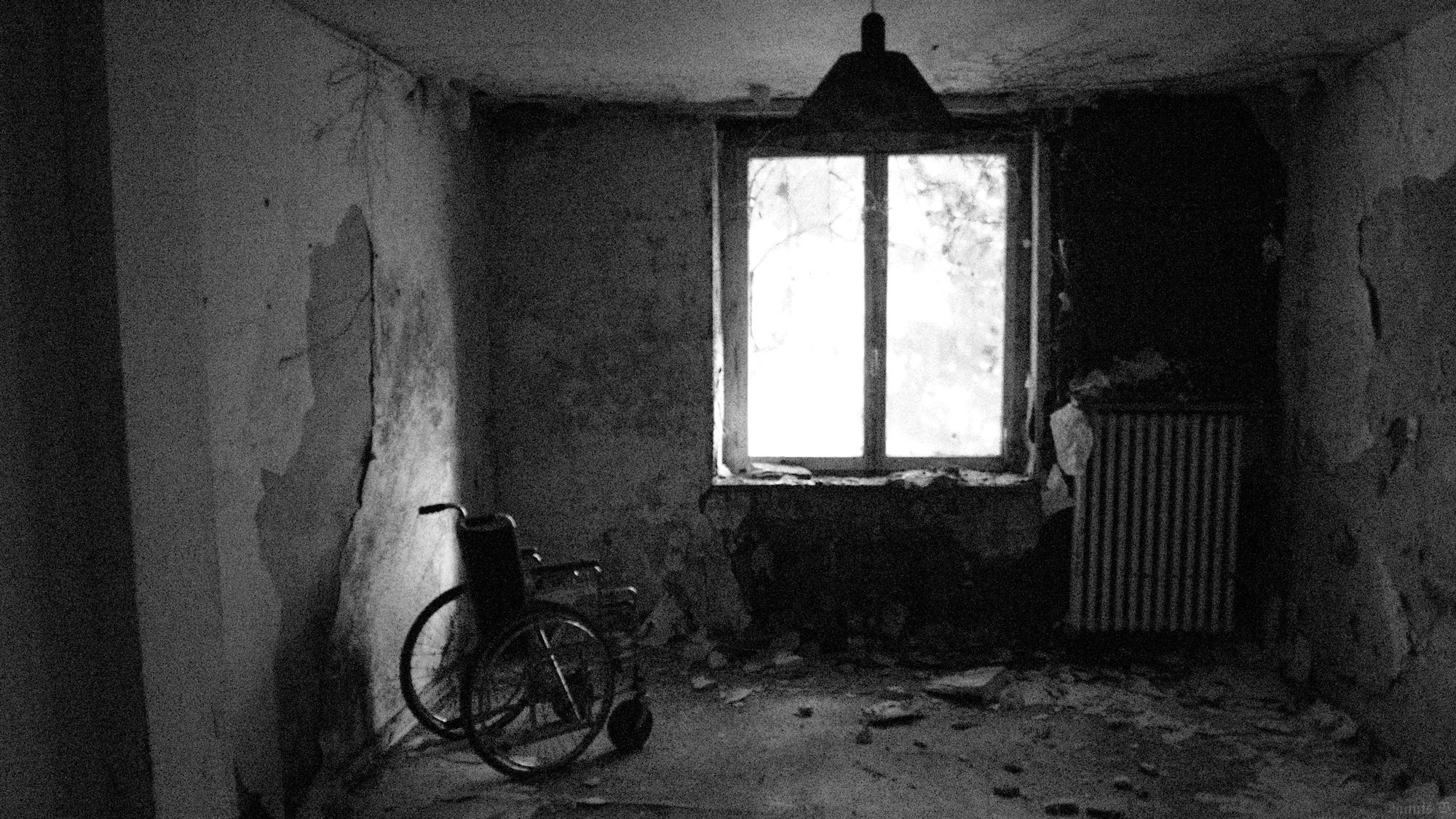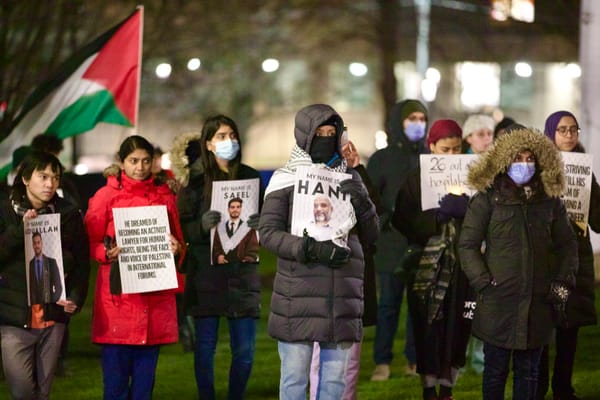Of all the systemic issues that have been exacerbated by COVID-19, none has been more significant than ableism. Ableism is the thread that has run throughout every aspect of this pandemic, and explains why Canada’s response has been criminally inadequate.
More than 14,600 people have died while living in assisted-living facilities. This amounts to nothing less than mass murder, coordinated by able-bodied politicians who know that disability bigotry is strong enough that these deaths won’t have a major impact on their polling numbers.
As the pandemic has lingered, another struggle has exposed just how deep ableism within Canada goes.
Bill C-7, an act to change the Criminal Code to expand medical assistance in dying (MAID), is currently before the Senate. Next week, it’s expected that senators will propose and debate several significant amendments to try and address constitutional concerns that have been raised about the current bill.
The bill was put forward in reaction to a Quebec Superior Court decision that found Canada’s MAID legislation to be unconstitutional because it denies the right of people “whose natural death is not reasonably foreseeable” to access MAID.
Disability rights activists, especially those who are Black and/or Indigenous, have been sounding the alarm, warning that the bill poses a threat to people living with disabilities who must contend with inadequate and dehumanizing supports, terrible living conditions, and horrifying abuse. They argue that due to racism and ableism, expanding MAID will simply lead to more people with disabilities ending their lives.
On a recent CBC “Canada Tonight” panel, Sarah Jama, co-founder of the Disability Justice Network of Ontario, said, “Disabled people are overrepresented in our long-term care homes, and are dying en masse due to this pandemic, and have been given pennies when it comes to […] government supports.”
“It looks as though the government is rushing legislation to allow people the right to die without also supporting the right to live, and that’s where I get worried,” Jama added.
MAID is Canada’s biggest advance in healthcare policy in a generation, and activists are right to condemn it while governments of all stripes, and in all regions, have done nothing to support people living with disabilities.
They have received so little support throughout this pandemic that many, depending on their province, even had their disability benefits clawed back if they accessed federal supports such as the CERB. People with a net income of less than $5,000 in 2019 were also disqualified from receiving the CERB. This left poor Canadians living with disabilities with nothing more than a one-time $600 cheque, if that.
Poverty, insecure housing, a lack of resources and an ableist and inhumane healthcare system all impact the dignity of people living with disabilities. Activists argue that these factors need to be addressed before MAID is expanded. Otherwise, they worry, people will choose death simply because their life has been rendered so undignified by social supports that it seems like a better option than continuing to live.
Many activists point to the story of Chris Gladders, a disabled man who resided at the Greycliff Manor retirement home in Niagara Falls until he ended his life with medical assistance last month at the age of 35. After his death, his family, and local MPP Wayne Gates, showed journalists images of the horrific and disgusting conditions he had been living in.
Greycliff is a for-profit facility connected to the Martino family. In December, the regulator of Ontario’s retirement homes ordered operating licenses at six residences connected to the family, including Greycliff, to be revoked as of June 1, 2021, due to their apparent lack of capacity to run the facilities in the interest of residents. They are appealing this decision.
The Martinos also have connections to Hamilton’s Rosslyn Retirement Residence, where 16 people died during the first wave of the pandemic. The family has received $4 million in government subsidies since 2017 specifically meant for low-income residents.
The debate around Bill C-7 is a struggle between those for whom an assisted death comes at the end of a long and fulfilling life, and others who know that people living with disabilities are vulnerable to having MAID pushed upon them.
Advocates for the expanded legislation tend to be white, middle class and live comfortably enough to imagine that when the time comes, they’ll want to be able to die on their own terms. The Senate committee hearings heard stories of the beautiful final moments of very ill individuals who coordinated a dignified death, surrounded by people they love.
This perspective imagines that a dignified life is attainable in Canada for everyone, and that someone should have the right to decide when in their path along illness they want to die. But for everyone who can’t access that dignified life due to ableism, capitalism, colonialism and/or racism, the conversation is an insult.
Yesterday, Gabrielle Peters, a co-founder of anti-C-7 group Dignity Denied, told the Senate committee that she is frustrated by the way many senators and other interveners were trying to turn the debate on C-7 into a question of “choice,” as if disabled people living in Canada have the same access to free choice as able-bodied, white and middle- to upper-class Canadians.
Peters told the Senate committee, “The phrase ‘on their own terms’ is slightly foreign to me as a disabled poor person. I can’t even cross the street at 8,000 of the 27,000 corners in Canada’s third largest city because they haven’t been ramped. I live in a unit that was assigned to me. On the day I moved in, the movers had to wait while the police, then the coroner and then an ambulance used the elevator, because this is how people here move out.”
Peters’ testimony was mostly overlooked by members of the committee, who preferred to ask the doctors present about how MAID and palliative care interact, or other technical aspects of how an individual might make the decision to access a medically-assisted death.
As a white supremacist, colonial and capitalist nation, Canadian society values certain people’s lives and deaths differently than others. When able-bodied individuals dominate the discussion about medically assisted death, it creates a skewed portrait of MAID’s negative impacts.
“Having watched the Parliament and Senate proceedings on Bill C-7, and having lived in this country as a disabled poor woman, particularly during this pandemic, I already know how little value is placed on my knowledge or my experiences or even my life,” Peters told the committee, warning, “Kill Bill C-7 or you will kill disabled people.”








Member discussion